For Lauren Valenta, the wine director at The Richardson, a popular bar in Brooklyn, N.Y., it’s pretty simple when it comes to bar and restaurant operators creating a successful wine menu program – just offer wines that you personally want to drink and can be passionate about, and then teach staff about why the wines are great.
“Take time to educate and elevate wine with your staff,” shared Valenta. “Teach them how to smell and taste wine. Show them what you look for as marks of quality and sustainability, and explain why it makes sense on your menu.”
Indeed, the secret to a successful (i.e., profitable) wine program at any bar or restaurant – according to the experts that Bar & Restaurant News spoke with – is having knowledgeable staff.
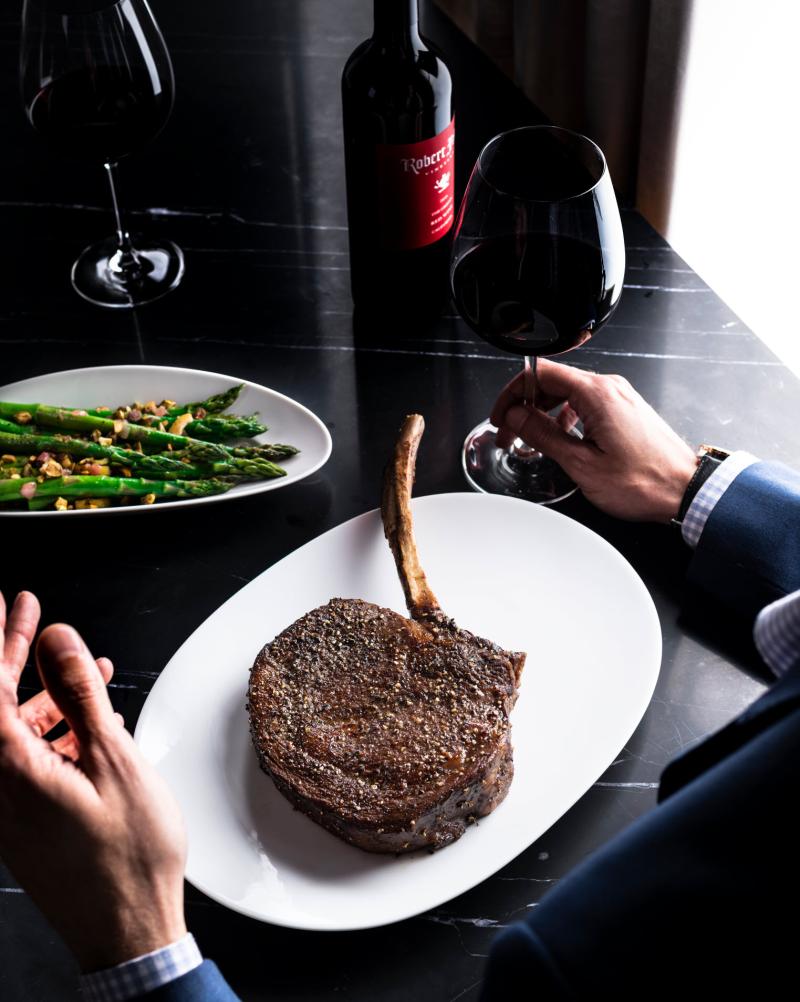
Jeffrey Pogash, spirits industry veteran, author, host of The Cocktail Guru Podcast, and a member of The Cocktail Guru, a collective of world-class mixologists and hospitality experts, believes there’s no question that wine training is essential to the success of any venue that has a wine program. “It is equally true that such training is sadly lacking in most American restaurants,” he revealed.
“Being actively involved in staff trainings over the past 40 years, I realize that getting the waitstaff excited through tastings and education is the key to ensuring the increased sale of wine,” said Pogash. “So, why do so many fine restaurant establishments ignore this basic fact?”
Pogash said that when he first entered the industry, there was a category of professional servers who were loyal and remained at the same restaurant their entire lives. “This made wine training much easier,” he explained, “as the knowledge acquired by the waitstaff remained in that restaurant for years to come.”
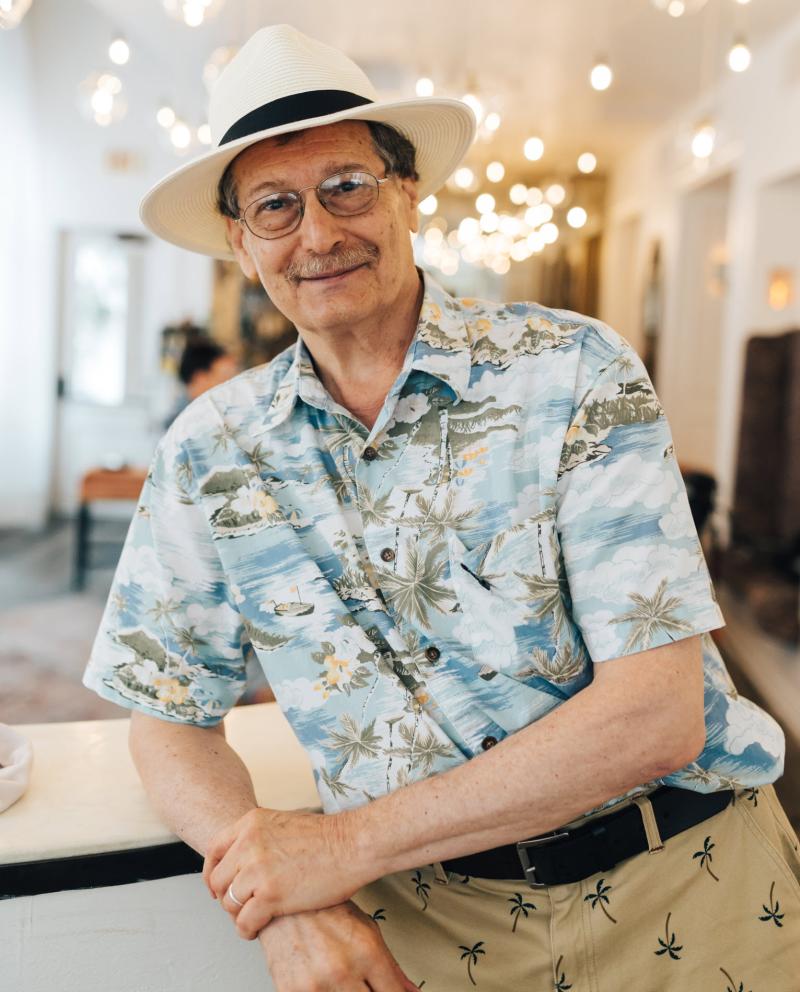
According to Pogash, the industry is far more volatile today, and wine training may fall by the wayside. However, proper wine training is even more important to a bar or restaurant’s bottom-line now, and it’s well worth the effort to get staff to understand and get excited about the wines on a venue’s list.
“An educated and enthusiastic staff is guaranteed to sell more wine, thereby increasing profits and, at the same time, impressing your clientele,” exclaimed Pogash, who published his first book, How To Read A Wine Label, A Dictionary of French and California Wines, in the mid ‘70s.
Chef Michelle Poteaux, owner of Bastille Brasserie & Bar in Alexandria, Va., and the designer of the venue’s wine menu, stressed the importance of wine training at a bar or restaurant.
“Make sure you have knowledgeable staff that can communicate about the wines you offer,” Poteaux noted. “Ask your reps to come in for staff training; this doesn't cost you anything except increasing your wine sales. No, I am not talking about sommelier level knowledge, but confidence in the basics. Guests want to trust your list and your recommendations.”
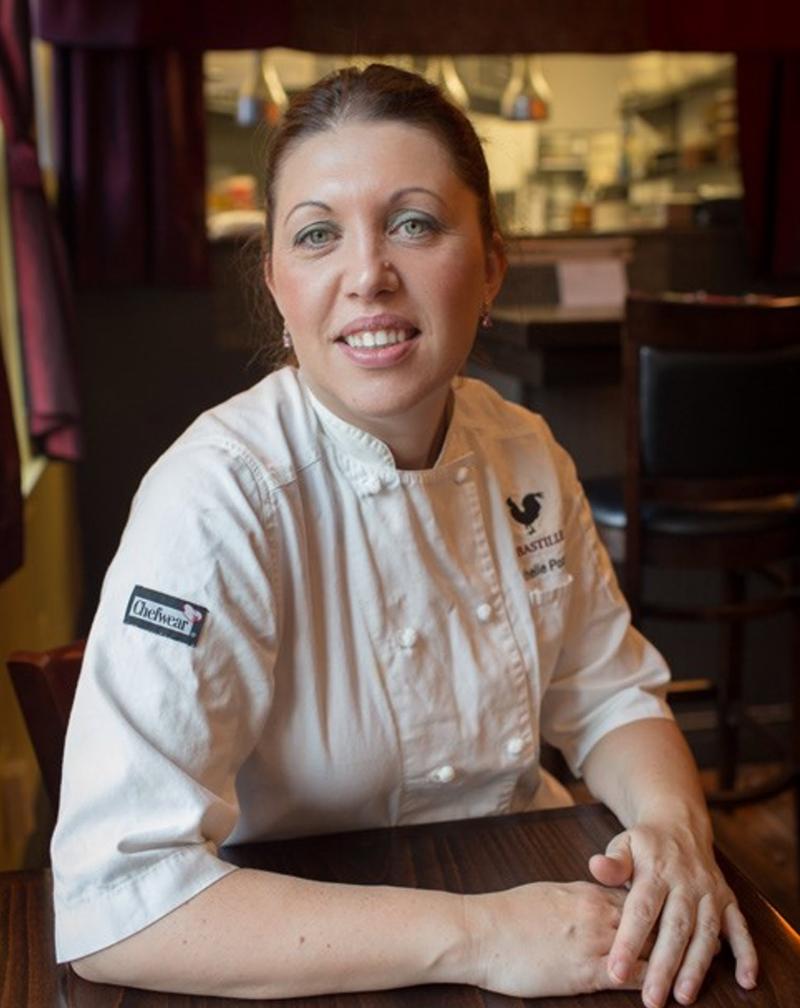
Ben Zuba, wine director at the Rare Society steakhouse chain (part of TRUST Restaurant Group), said their business focuses on staff training as an opportunity to get creative with wine.
At Rare Society Steakhouses, servers are encouraged to select and taste bottles off their wine list, and pair wines with menu items during pre-shift, leading to the training of other servers.
“They have to commit to selling two glasses from that bottle that evening,” Zuba said. “This, in turn, allows diners the opportunity to try something new, and possibly go for that bottle purchase next time.”
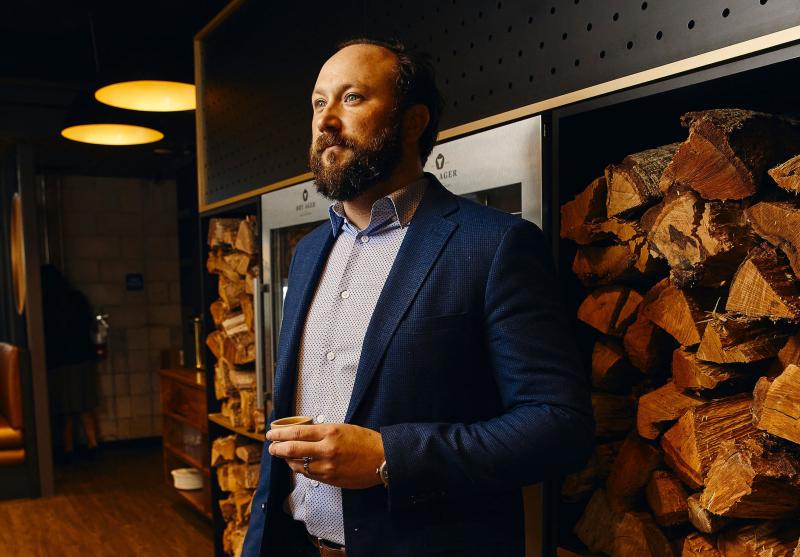
Educating Staff About Wine vs. Having a Sommelier on the Team
If a bar or restaurant is educating staff about wine and its wine menu, does it need a sommelier to build a profitable wine program?
According to Piero Rodriguez, general manager and sommelier at Greywind, the new N.Y.C. restaurant from James Beard Award-winning Chef Dan Kluger, bars and restaurants that take their wine program as seriously as their food program should always have a sommelier.
“They are an important tool that helps the guest receive the full experience of the establishment and that helps guide the guest through the wine list,” explained Rodriguez.
Kevin Flannery, owner and operator of N.Y.C.’s Vinyl Steakhouse, shared that if the bar or restaurant is focused on being an “elite” venue, where they consider their service to be at a “five star” level, then it should strive to have a sommelier on hand.
“The mere presence of a sommelier increases your brand prestige and gives the guests trust in your wine list selections,” said Flannery. “But here is the good news: You can develop that if you don't have one. Two of our four in-house sommeliers didn't start with us as sommeliers. We invested in them and paid for their education to pass the Court of Master Sommeliers Exam, and we have more servers and bartenders that want to do the same in upcoming months.”
Flannery pointed out that “home growing” a sommelier in house is great because the server or staff member already knows the restaurant’s style and approach to wine, and they know the particular bottles on the venue’s wine list like the back of their hand.
“I worked for multi-million dollar restaurant groups, where I was the only sommelier at times,” Flannery said. “We are so proud that we have four at Vinyl Steakhouse in a company that has only 30 employees total.”
Travis Hinkle, beverage manager and advanced sommelier at restaurant chains Del Frisco’s Double Eagle Steakhouse, shared that in the right context, a sommelier can be a huge boon to the hospitality and profitability of a bar or restaurant.
“If you have a large wine program, or one that prides itself on serving wines ‘off the beaten path,’ a sommelier is a great addition to the team,” Hinkle said. “Remember that a great sommelier is not just a ‘cork puller.’ They should be able to execute service at the highest level, including wine. They should be knowledgeable and helpful, but also humble and guest focused. They are also there to empower the rest of your staff through training and mentorship in wine and service.”
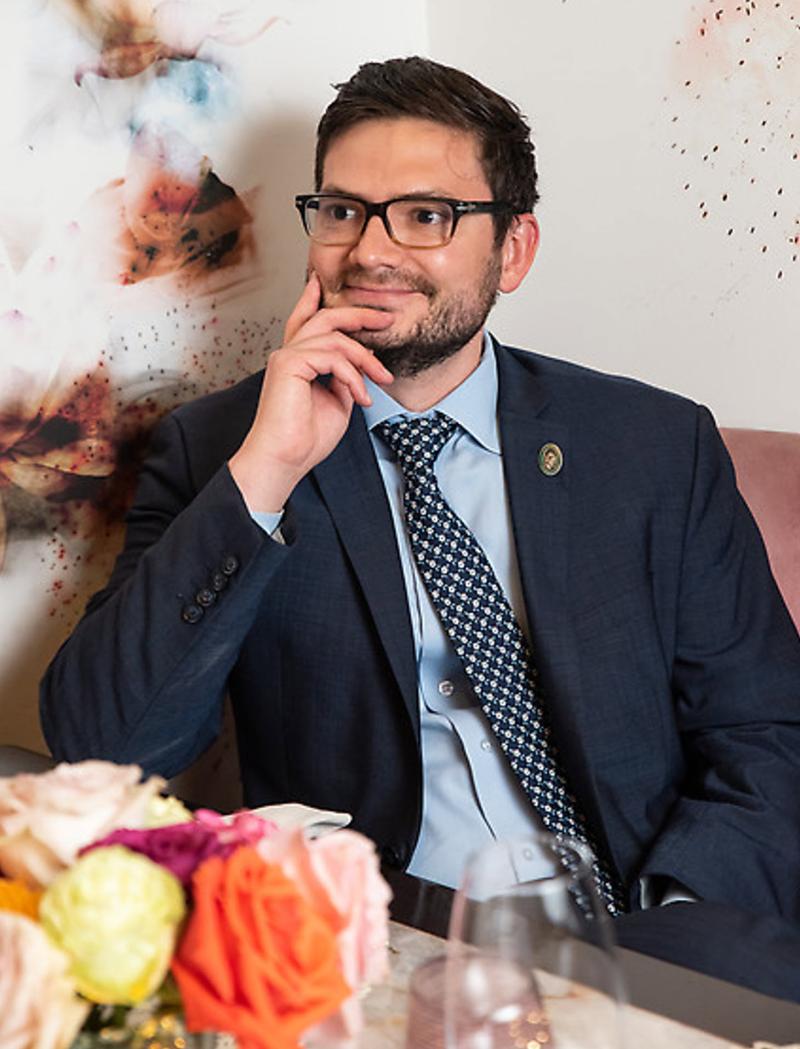
Jeremy Kibalo, wine director for Puffer Malarkey Collective – the restaurant group behind popular San Diego restaurants Herb & Wood, Herb & Sea and Animae – believes that having educated workers on staff is more important than having a sommelier on the floor. He said this is because a sommelier specializes in wine knowledge and pairings, and educated workers possess a broader skill set and can provide a more well-rounded and efficient service, in addition to talking about and selling wine.
“Educated workers have a deep understanding of various aspects of the business, including customer service, menu knowledge, and problem-solving abilities, allowing them to handle a wider range of tasks and provide a higher level of overall service to customers,” noted Kibalo.
Poteaux, of Bastille Brasserie & Bar, said that adding a sommelier to a bar or restaurant’s staff is great, but if it doesn't work in a venue’s budget, they shouldn’t do it.
“I have much respect for those that have gone through the training and testing to be certified [as a sommelier],” said Poteaux. “It's hard and unfortunately – like pastry chefs – many establishments think they can skip on the professionals and just let anyone do the job. It doesn't work that way. A sommelier’s skill is more than just wine; it's the whole beverage package – bar, beer, etc. – but they are expensive and rightly so. If you can't afford a sommelier, see about a consulting option where they train staff. Win win. Places that have sommeliers are high-end, high-dollar places that need to have the capabilities of a professional guiding their beverage programs. Smaller places may have a partner who is also a sommelier/general manager. We all wear multiple hats in this business.
Aaron Kiel is an editor, writer and public relations professional in Raleigh, N.C. He’s worked in the beverage, tea and coffee industries for two decades, as well as hospitality and technology. He’s a journalist at heart, but he also wears a PR and communications hat through his consultancy, ak PR Group. He’s a contributing writer/reporter for Questex’s Bar & Restaurant News, and he recently worked as the editor of World Tea News with Questex’s Bar & Restaurant Group. In 2023, he was a finalist and honorable mention in the “Folio: Eddie & Ozzie Awards” for Range of Work by a Single Author – B2B.” Connect with him on Instagram: @adventurer_explorer.
Are you registered for our Crave and Crave on the Menu newsletters? Sign up today!
Plan to Attend or Participate in the 2024 Bar & Restaurant Expo, March 18-20, 2024
To learn about the latest trends, issues and hot topics, and to experience and taste the best products within the bar, restaurant and hospitality industry, plan to attend Bar & Restaurant Expo 2024 in Las Vegas. Visit BarandRestaurantExpo.com.
To book your sponsorship or exhibit space at the 2024 Bar & Restaurant Expo, contact:
Veronica Gonnello (for companies A to G) e: [email protected] p: 212-895-8244
Tim Schultz (for companies H to Q) e: [email protected] p: 917-258-8589
Fadi Alsayegh (for companies R to Z) e: [email protected] p: 917-258-5174
Also, be sure to follow Bar & Restaurant on Facebook and Instagram for all the latest industry news and trends.
